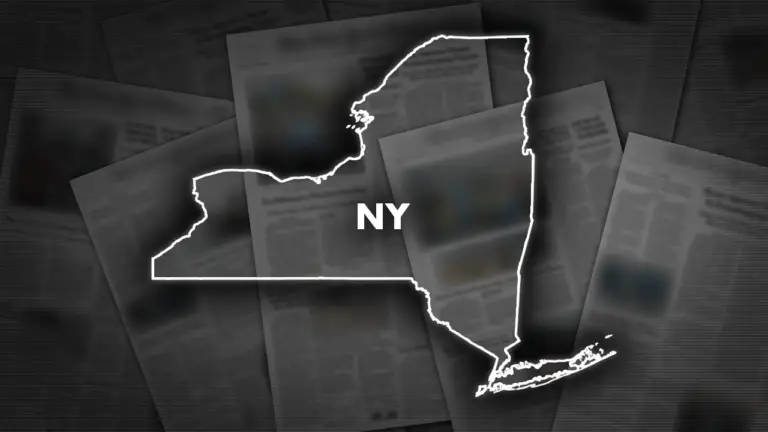17 Prominent Authors Sue OpenAI for Copyright Infringement
In a groundbreaking legal move, 17 celebrated authors, including the likes of John Grisham, Jodi Picoult, and George R.R. Martin, have united to file a lawsuit against OpenAI. Their accusation: the organization has been systematically infringing upon their copyrights through its ChatGPT program. This legal action has been coordinated by the Authors Guild, which contends that ChatGPT’s operations heavily rely on widespread copyright violations. This suit is not isolated, as similar lawsuits have been surfacing in California recently.
Authors Unite Against “Systematic Theft” by AI
John Grisham, Jodi Picoult, and George R.R. Martin are part of a group of 17 authors who are suing OpenAI for what they describe as “systematic theft on a mass scale.” This legal action is part of a growing wave of concern among writers who fear that artificial intelligence programs are appropriating their copyrighted works without consent.
Allegations of Copyright Infringement
In documents filed in federal court in New York, the authors accuse OpenAI of “flagrant and harmful infringements of plaintiffs’ registered copyrights.” They point to ChatGPT as a “massive commercial enterprise” that relies on “systematic theft on a mass scale.” This group lawsuit, organized by the Authors Guild, also includes well-known authors such as David Baldacci, Sylvia Day, Jonathan Franzen, and Elin Hilderbrand.
Preserving Literary Culture
Mary Rasenberger, CEO of the Authors Guild, emphasized the importance of halting this alleged theft: “It is imperative that we stop this theft in its tracks or we will destroy our incredible literary culture, which feeds many other creative industries in the U.S. To preserve our literature, authors must have the ability to control if and how their works are used by generative AI.”
Specific Examples Cited
The lawsuit provides specific instances of ChatGPT searches for each author, including George R.R. Martin. It alleges that the program generated “an infringing, unauthorized, and detailed outline for a prequel” to Martin’s renowned series, “A Song of Ice and Fire,” titled “A Dawn of Direwolves.” This outline purportedly featured the same characters from Martin’s existing books.
OpenAI Yet to Respond
OpenAI’s press office has not yet issued a response to the allegations made by the authors.
A Pattern of Legal Action
This lawsuit follows a similar legal action earlier this month, where authors like Michael Chabon and David Henry Hwang sued OpenAI in San Francisco for “clear infringement of intellectual property.” In August, OpenAI requested a federal judge in California to dismiss two analogous lawsuits, one involving comedian Sarah Silverman and the other from author Paul Tremblay. OpenAI argued that these claims misunderstand the scope of copyright, failing to consider exceptions like fair use.
Impact on Amazon’s Policies
Authors’ concerns over AI have prompted changes in Amazon.com’s policies concerning e-books. Amazon, the country’s largest book retailer, now requires authors seeking to publish through its Kindle Direct Program to notify the company if they are including AI-generated content. Furthermore, Amazon is limiting authors to publishing a maximum of three new self-published books on Kindle Direct per day, aiming to curtail the proliferation of AI-generated texts.

